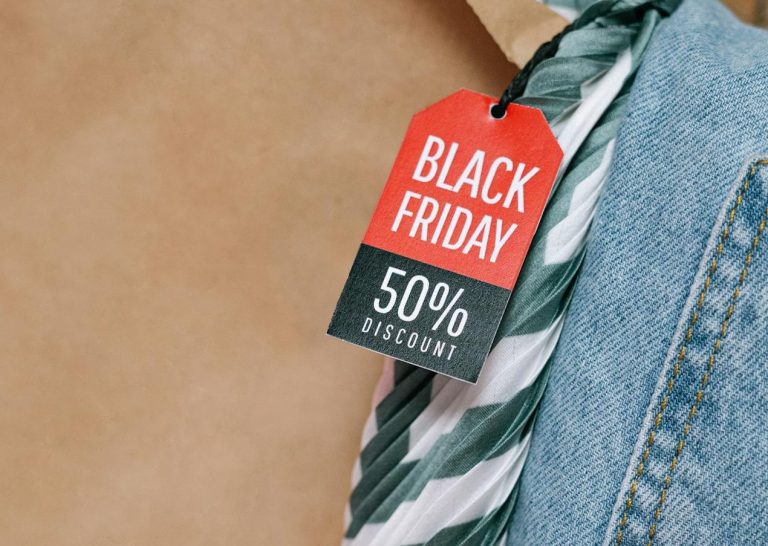The traditional post-Thanksgiving shopping spree called Black Friday has undergone some huge shifts in the past couple of decades as younger consumers are simply less invested in the day compared to previous generations. Also, technology has made it easier to stay at home while still getting a great deal. Here are a couple of things to consider as a business journalist covering the start of the holiday season.
Alternative shopping days are growing
In addition to Black Friday, Small Business Saturdays and Cyber Monday have become staples of the holiday season shopping calendar, which has spread out consumer spending across the entire long weekend.
Small Business Saturday started in 2010 as a campaign by American Express Co. to help small businesses gain exposure and has increased sales year over year, thanks in large part to younger consumers. The generational shift is pretty clear as 72% of millennials and 69% of Gen Zers are planning to shop on the day this year compared to 51% of baby boomers. American Express has also partnered with TikTok this holiday season to help small businesses reach even more Gen Z shoppers. In fact, a recent poll shows that Small Business Saturday may be becoming more popular than Black Friday as 60% of consumers are likely to shop on Saturday compared to 56% on Friday. However, the poll also shows that an even higher percentage of consumers are likely to shop on Cyber Monday this year.
In 2005, the National Retail Federation coined the term ‘Cyber Monday’ as a nod to the growth of online shopping. E-commerce sites like Amazon and eBay had felt left out of the Black Friday tradition and this was a way for them to get in on the guaranteed boost in sales each year. Of course, with more brick-and-mortar stores having online stores as well these days, where Black Friday ends and Cyber Monday begins is rather hard to tell.
Are stores closed or open on Thanksgiving?
Sometime in the early 2010s retailers seemed to be competing for who could open the earliest on Black Friday which led to some eventually opening on Thanksgiving Day. Even at the time, retailers were unsure if this move would pay off, as it was rather controversial and resulted in backlash for retailers encroaching on the holiday. In the span of only ten years, being open on Thanksgiving is “a thing of the past” as Walmart’s CEO stated last year.
Target announced last year that it won’t open on the holiday again, after stopping the practice in 2020 due to the pandemic, and many other retailers have shown similar sentiments. In addition to more consumers shopping online for deals, consumers are taking advantage of retailers starting their Black Friday sales sooner and keeping them for longer periods of time. Therefore, Black Friday may no longer be the official start of the holiday shopping season as it has in years past, and it may not always hold the same significance to retailers in the future.
Check in on the #OptOutside movement
In addition to closing on Thanksgiving, at least one retailer has chosen to close their brick-and-mortar stores on Black Friday as well. The #OptOutside movement started in 2015 when Recreational Equipment, Inc., the outdoor retailer better known as REI, announced it would close its stores on Black Friday that year and urged its customers and employees to get outdoors for the day instead of shopping. The company has continued to close its doors for Black Friday – and pay its employees for it – every year since. Last fall they announced that this choice would be an “ongoing, permanent, employee benefit.”
Although other major retailers have not joined REI in their initiative, this is still a movement worth checking in on and understanding how consumers and other retailers feel about it.







